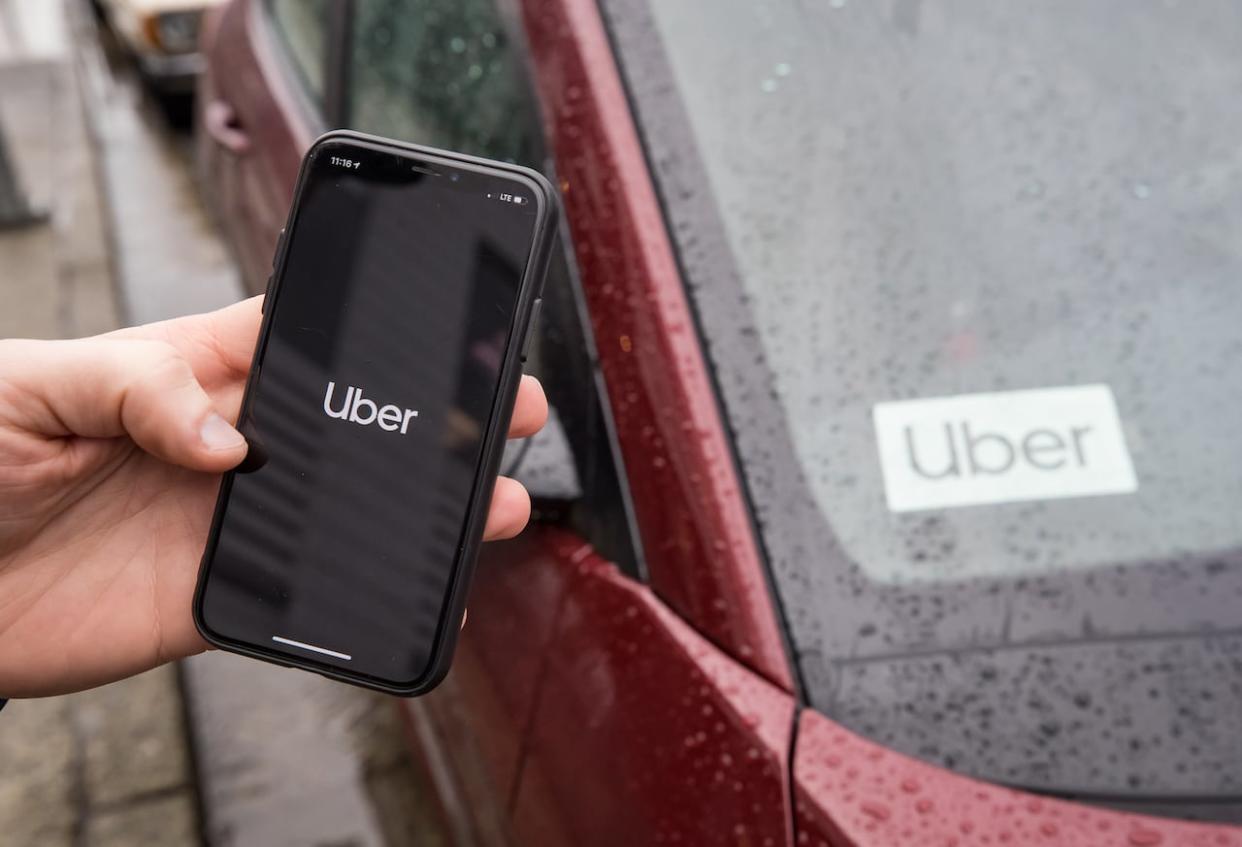Ride-sharing prices spike, taxis in high demand as bus strike hits Metro Vancouver

Transit users stranded by the bus shutdown in Metro Vancouver on Monday morning were left with few options to get where they needed to go, with many forced to shell out big bucks for a ride.
Uber driver Inder Raj Gill said because of high demand and and the company's surge-pricing policies, the cost of a ride increased many times the normal rate.
Speaking to the CBC's Early Edition, Gill said he felt particularly bad for one passenger who paid $70 for a 20-minute ride to work.
"It was an accountant who had to get to work on a Monday," Gill said.
"It feels more like gouging than surge pricing. We as drivers don't get to regulate that and that's the worst part. Passengers, imagine, who are trying to get to work or wherever they need to be, there is no choice but to pay these prices," he said.
More than 180 workers at the Coast Mountain Bus Company (CMBC) walked off the job early Monday morning, declaring a two-day strike after mediation broke off. Their union, CUPE Local 4500, represents transit supervisors, communications supervisors and other roles.
CMBC is a subsidiary of TransLink, the transit authority for Metro Vancouver.
SkyTrain, West Coast Express, HandyDART and West Vancouver Blue Bus operations are currently not affected.
Yellow Cab president Kulwant Sahota said his company put all hands on deck and all vehicles on the road after hearing the strike was on.
"It's been hectic," he said. "When Uber and Lyft do surge pricing, people switch to taxis."
Taxis in Vancouver operate on a fixed rate, guaranteeing price certainty, unlike ride-sharing companies.
Sahota said Yellow Cab vehicles that normally work the airport had been asked to serve other locations, while dispatchers were doing their best to prioritize calls according to urgency.
"We're trying to get people going to the airport, to doctors — so, the more important calls, we're trying to handle first," he said. "We're doing our best to cope."


